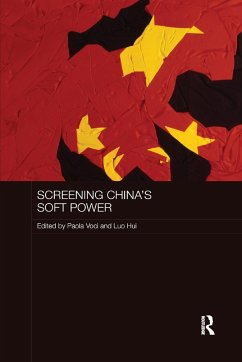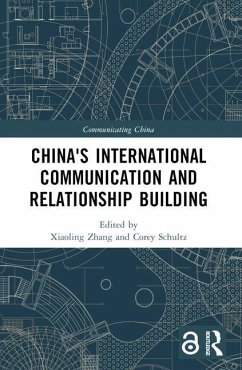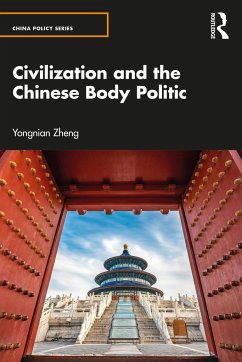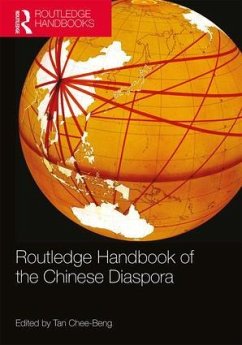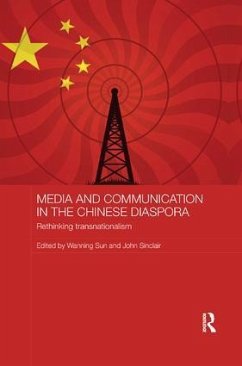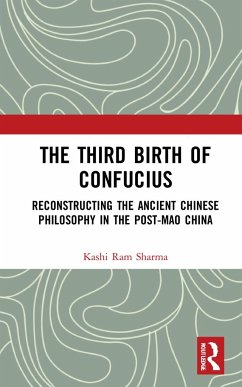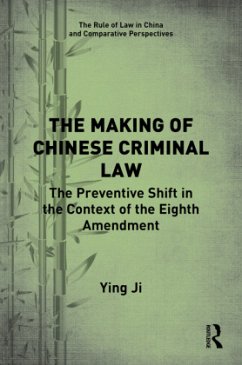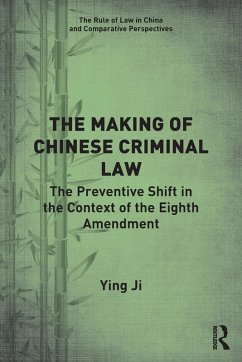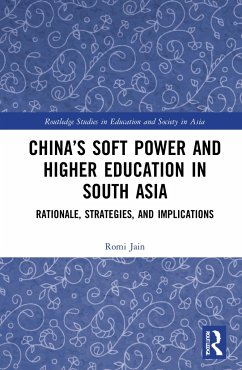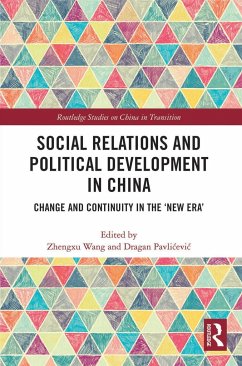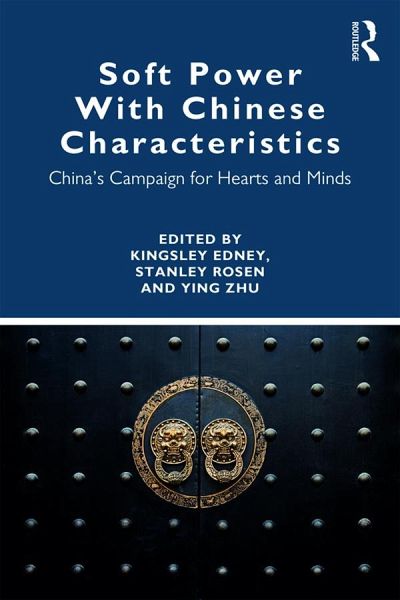
Soft Power With Chinese Characteristics
China's Campaign for Hearts and Minds
Herausgegeben: Zhu, Ying; Edney, Kingsley; Rosen, Stanley
Versandkostenfrei!
Versandfertig in 6-10 Tagen
37,99 €
inkl. MwSt.

PAYBACK Punkte
19 °P sammeln!
This book examines the Chinese Communist Party's attempts to improve China's image around the world, thereby increasing its "soft power." This soft, attractive form of power is crucial if China is to avoid provoking an international backlash against its growing military and economic might.The volume focuses on the period since Xi Jinping came to power in 2012, and is global in scope, examining the impact of Chinese policies from Hong Kong and Taiwan to Africa and South America. The book explains debates over soft power within China and delves into case studies of important policy areas for Chi...
This book examines the Chinese Communist Party's attempts to improve China's image around the world, thereby increasing its "soft power." This soft, attractive form of power is crucial if China is to avoid provoking an international backlash against its growing military and economic might.
The volume focuses on the period since Xi Jinping came to power in 2012, and is global in scope, examining the impact of Chinese policies from Hong Kong and Taiwan to Africa and South America. The book explains debates over soft power within China and delves into case studies of important policy areas for China's global image campaign, such as film, news media and the Confucius Institutes. The most comprehensive work of its kind, the volume presents a picture of a Chinese leadership that has access to vast material resources and growing global influence but often struggles to convert these resources into genuine international affection.
With a foreword by Joseph Nye,Soft Power With Chinese Characteristics will be invaluable to students and scholars of Chinese politics and Chinese media, as well as international relations and world politics more generally.
The volume focuses on the period since Xi Jinping came to power in 2012, and is global in scope, examining the impact of Chinese policies from Hong Kong and Taiwan to Africa and South America. The book explains debates over soft power within China and delves into case studies of important policy areas for China's global image campaign, such as film, news media and the Confucius Institutes. The most comprehensive work of its kind, the volume presents a picture of a Chinese leadership that has access to vast material resources and growing global influence but often struggles to convert these resources into genuine international affection.
With a foreword by Joseph Nye,Soft Power With Chinese Characteristics will be invaluable to students and scholars of Chinese politics and Chinese media, as well as international relations and world politics more generally.





